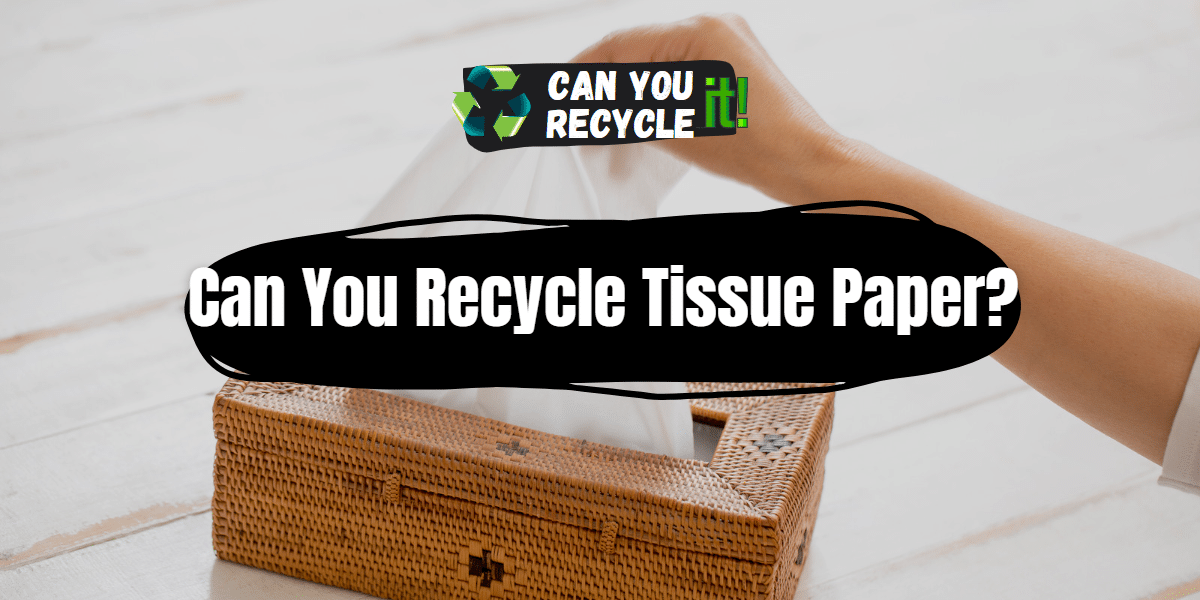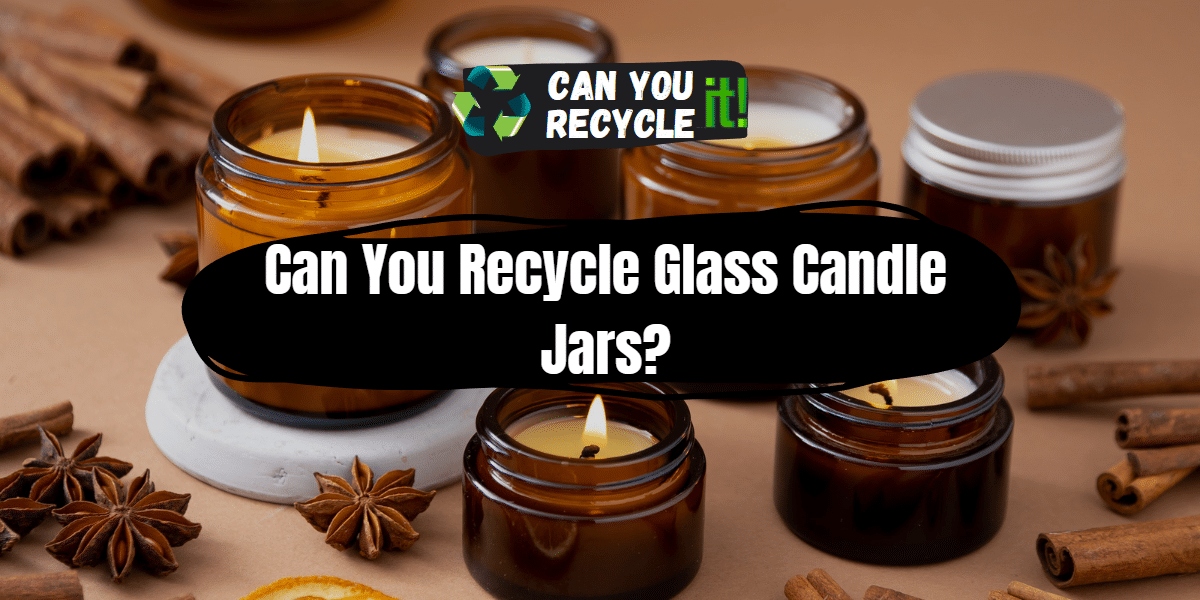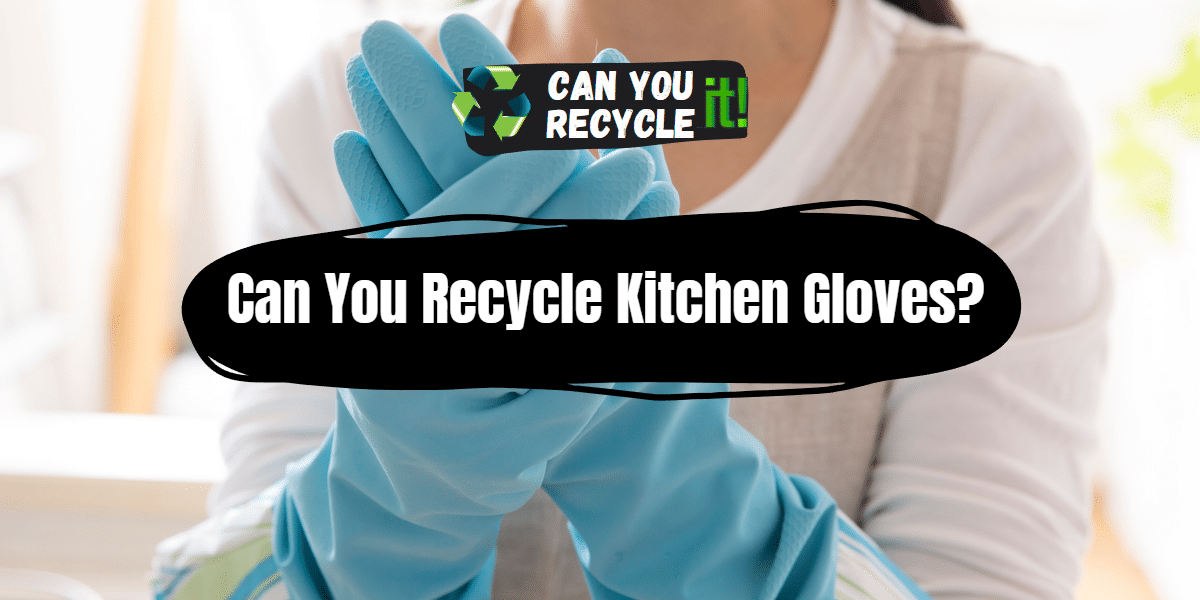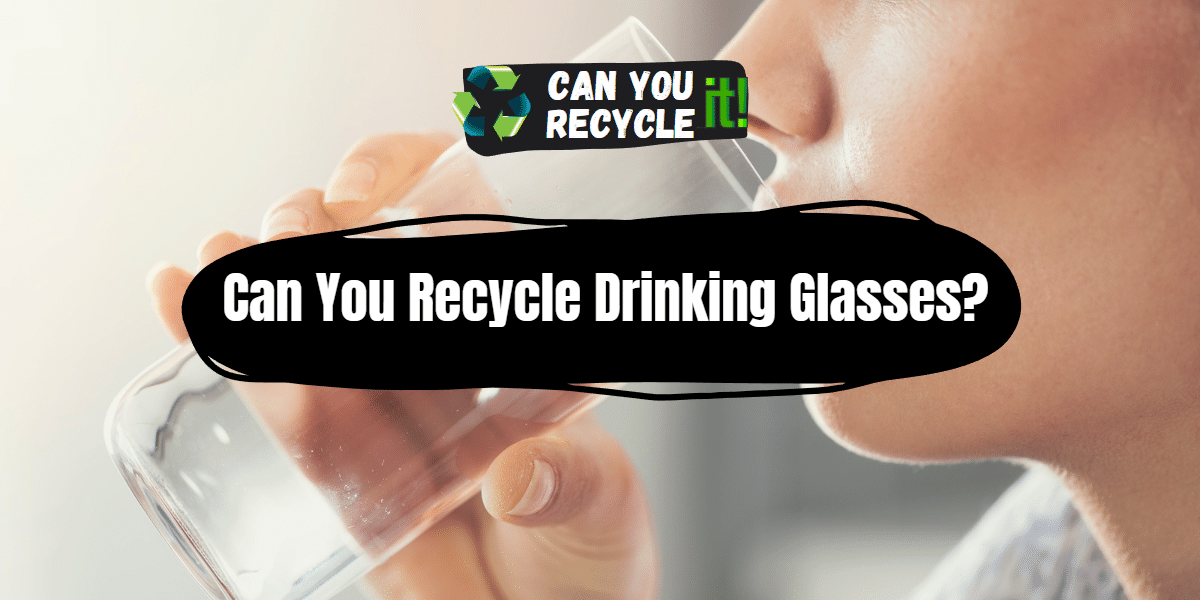The answer to whether you can recycle tissue paper is a bit complex. In general, tissue paper is not widely accepted in most recycling programs. This is because tissue paper is often too contaminated or fragile to be recycled effectively.
However, it’s important to note that this may vary depending on your local recycling guidelines. Some municipalities or recycling centers may accept tissue paper if it meets specific criteria.
When it comes to recycling, many of us strive to do our part to protect the environment. We diligently separate our recyclables from the regular trash, but what about tissue paper? Can you recycle it? In this article, we will explore this question and provide you with all the information you need to make an informed decision. So let’s dive in!
Table of Contents
Do’s and Don’ts
To ensure that you are recycling tissue paper correctly, here are some dos and don’ts to keep in mind:
Dos
- Check local guidelines: Contact your local recycling center or visit their website to determine if tissue paper is accepted in your area.
- Remove any contaminants: If you have tissue paper that is clean and free of any contaminants, such as food residue or grease, it may have a better chance of being recycled.
- Reuse tissue paper: Before considering recycling, think about reusing tissue paper. It can be used for gift wrapping, crafts, or packing material.
Don’ts
- Don’t include tissue paper in regular paper recycling: Tissue paper is generally not accepted in regular paper recycling bins as it can cause issues during recycling.
- Avoid recycling tissue paper with food residue or grease: Contaminated tissue paper should not be recycled. Instead, it should be disposed of in the regular trash.
How to Prepare Paper Tissues for Recycling
Suppose you’re wondering how to prepare paper tissues for recycling. In that case, it’s important to note that the recycling process for tissue paper can be a bit different compared to other types of paper products. Here are some steps to follow when preparing paper tissues for recycling:
- Inspect the tissue paper: Check the tissue paper for any contaminants or substances that could hinder the recycling process. If it’s clean and contaminant-free, proceed to the next step.
- Flatten the tissue paper: Flatten the tissue paper to maximize space in your recycling bin or bag. This will also help prevent it from getting tangled or stuck in the recycling machinery.
- Separate tissue paper from other materials: Keep the tissue paper separate from other recyclables. Mixing it with other materials can contaminate the recycling batch and reduce its chances of being recycled.
- Follow local recycling guidelines: Follow your local recycling guidelines for properly disposing of tissue paper. If your area accepts tissue paper in the recycling program, place it in the appropriate recycling bin or bag. If not, dispose of it in the regular trash.
5-Step Guide to Recycle Paper Tissues
Recycling tissue paper is an excellent way to reduce waste and contribute to a more sustainable future. Although tissue paper can present some challenges in recycling, following a few simple steps can help ensure you recycle it effectively. Here’s a five-step guide to tissue paper recycling:
Step 1
Check Local Guidelines: Check your local recycling guidelines to determine if tissue paper is accepted in your area. Different recycling programs may have specific rules regarding tissue paper recycling due to its unique properties. Some municipalities or recycling centers may accept tissue paper if it’s clean and uncontaminated, while others may exclude it altogether. Familiarize yourself with the guidelines to avoid potential issues and ensure your recycling efforts align with local regulations.
Step 2
Assess Cleanliness and Contamination: Before recycling tissue paper, it’s crucial to assess its cleanliness and level of contamination. Tissues that are lightly used and free from contaminants like food residue or excessive liquids have a higher chance of being accepted for recycling. On the other hand, tissue paper soiled with bodily fluids or heavily stained should be considered contaminated and disposed of in the regular trash. Sorting and separating clean tissue paper from contaminated ones will help streamline the recycling process and maintain the quality of the recycling materials.
Step 3
Flatten and Store Properly: To prepare tissue paper for recycling, flatten it to save space and prevent tangling or jamming during the recycling process. Flatten each tissue individually and neatly stack them in a clean, dry container or bag designated for tissue paper recycling. Proper storage ensures the tissue paper remains clean and dry until you’re ready to recycle it.
Step 4
Separate from Other Recyclables: Keep tissue paper separate from other recyclable materials. Mixing tissue paper with cardboard, plastic, or glass can contaminate the recycling batch and diminish its recycling potential. It’s best to have a dedicated container or bag specifically for tissue paper, allowing for easy separation during recycling. Keeping tissue paper separate ensures it receives the appropriate treatment and increases the chances of successful recycling.
Step 5
Follow Specific Recycling Instructions: Follow the specific recycling instructions provided by your local recycling center or municipality. If tissue paper is accepted for recycling in your area, place the flattened tissue paper in the designated recycling bin or bag if your local program does not accept tissue paper or has specific requirements, such as only accepting tissue paper without any prints or dyes, adhere to those guidelines. Following the instructions ensures that your tissue paper can be processed efficiently and minimizes any potential disruptions to the recycling process.
What to Do with Tissue Paper That Cannot Be Recycled
If your local recycling program does not accept tissue paper, or if the tissue paper is too contaminated to be recycled, there are still alternative options to consider:
- Reuse: As mentioned earlier, consider reusing tissue paper for gift wrapping, crafts, or even as packing material. This gives the tissue paper a second life before eventually disposing of it.
- Compost: If you have a composting system, you can compost tissue paper that is free of contaminants. Tissue paper made from natural materials, such as bamboo or unbleached paper, is better suited for composting.
- Dispose of it in the regular trash: If all else fails and the tissue paper cannot be recycled or composted, it should be disposed of in the regular trash.
Environmental Impact of Recycling Envelopes with Windows
While tissue paper may not be widely accepted in recycling programs, it’s essential to understand the environmental impact of recycling in general. Recycling conserves resources, reduces energy consumption, and minimizes waste sent to landfills. By recycling as much as possible, we can contribute to preserving our environment for future generations.
FAQs for Can you Recycle Envelopes with Windows
Can tissue paper be recycled with regular paper?
In most cases, tissue paper should not be recycled with regular paper. It is generally too fragile and can contaminate the recycling process.
Can tissue paper be recycled if it has tape or stickers on it?
It’s best to remove any tape or stickers from tissue paper before recycling it. These materials can interfere with the recycling process.
Is tissue paper made from recycled materials?
Some tissue paper products are made from recycled materials. Look for tissue paper labeled “recycled” or “made from recycled content” to support sustainable options.
Conclusion and Final Thoughts 💭
In conclusion, recycling tissue paper is not as straightforward as recycling other materials. While it may not be widely accepted in most recycling programs, you must check your local guidelines to determine if tissue paper can be recycled in your area. Remember to follow the dos and don’ts outlined in this article and consider alternative options for tissue paper that cannot be recycled, such as reuse or composting. By making informed decisions about recycling, we can all contribute to a cleaner and greener future.





Leave a Reply